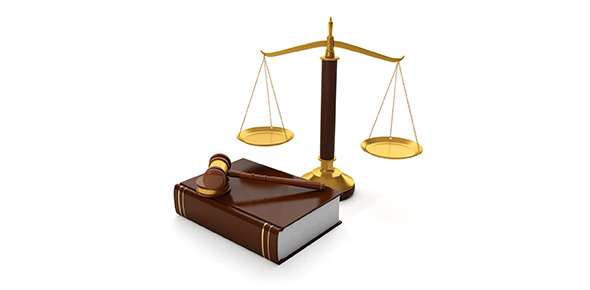Related Flashcards
Related Topics
Cards In This Set
| Front | Back |
|
Articles of Confederation and Perpetual Union
|
-Before the Revolutionary War, STATES wanted a confederation with weak national government and very limited powers
-Established a confederation of independent states With a central government of limited powers: -The central government could handle only those matters expressly delegated to it by the states -The sovereign power resided with the states |
|
Articles of Confederation: Problems
|
-Laws passed by the various states hampered commerce by preventing the free movement of goods
-Federal government lacked taxing authority -Once the war was won, the Continental Army was largely dsbanded -The federal government had trouble paying its war debt to former servicemen and quelling various uprisings -Led to a recognition that a strong central government was needed |
|
U.S. Constitution
|
-On March 4, 1789, the government under the Constitution began operations
-Convention established a federal form of government which shares power between national and state governments -Sets forth specific powers to be exercised by the national government -Implied powers to undertake actions necessary and proper to carry out express powers |
|
U.S. Constitution: Supremacy Clause
|
-Article VI
-"This Constitution, and the Laws of the United States...shall be the supreme Law of the Land; and the Judges in ever State shall be bound thereby, any Thing in the Constitution or Laws of any state to the Contrary notwithstanding." |
|
U.S. Constitution: Necessary and Proper Clause
|
-Article 1
-The Congress shall have Power - To make all Laws which shall be necessary and proper for carrying into Execution the foregoing Powers, and all other Powers vested by this Constitution in the Government of the United States, or in any Department or Officer thereof. |
|
U.S. Constitution: 10th Amendment
|
"The powers not delegated to the United States by the Constitution, nor prohibited by it to the States, are reserved for the States respectively, or to the people."
All other powers are retained by the states |
|
True/False
The federal government retains all powers not specifically delegated to the states |
False
|
|
If there is a direct conflict between federal law and an Alaska state law
A. Alaska's law takes precedence B. both laws are valid C. both laws govern concurrently D. the federal law takes precedence |
D. the federal law takes precedence
|
|
U.S. Constitution: Regulatory Powers of the States
|
-From the 10th Amendment
-Police Powers -public order -health -safety -morals -general welfare |
|
U.S. Constitution: National Power vs. State Power
|
-Language of Constitution is very broad
-The courts decide where the boundares are -During the 20th century, the courts favored the federal government -More recently, U.S. Supreme Court has curbed the federal government's regulatory powers. |
|
Mike and Mary marry in Muncie, IN after graduating from Notre Dame. They move to Maine, where to their shame, the state does not recognize their marriage. Mike and Mary's attack of this state action would probably best be based on the U.S. Constitution's
A. Full Faith and Credit Clause B. Privacy Clause C. Privileges and Immunities Clause D. First Amendment right to freedom of association |
A. Full Faith and Credit Clause
|
|
U.S. Constituion: Full Faith and Credit Clause
|
"Full Faith and Credit shall be given in each State to the public Acts, Records, and judicial Proceedings of ever other State. And the Congress may by general Laws prescribe the Manner in which such Acts, Records and Proceedings shall be proved, and the Effect thereof."
-Examples: deeds, wills, contracts -Clauses promote interstate harmony, business |
|
U.S. Constitution: Privileges and Immunities Clause
|
"The Citizens of each State shall be entitled to all Priveleges and immunities of Citizens in the several states."
-Applies to basic and essential activities (transferring property, seeking employment) -Prevents interstate discrimination, but only with regard to basic rights |
|
Mike and Mary marry in Muncie, IN after graduating from Notre Dame. They move to Maine, where to their shame, the state charges them $2500 for a commercial lobster fishing license, because they have not yet established residency. The state charges residents only $25. Mike and Mary's attack of this state action would probably best be based on U.S. Constitution's
A. Full Faith and Credit Clause B. Privacy Clause C. Privileges and Immunities Clause D. First Amendment right to freedom of association |
C. Privileges and Immunities Clause
|
|
Legislative Branch: Power and Checks
|
Power: create laws
Check: Executive veto, Judicial Review |





